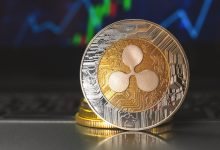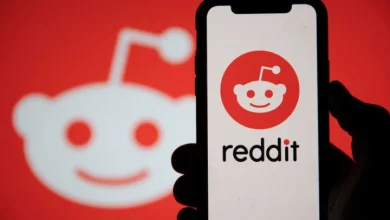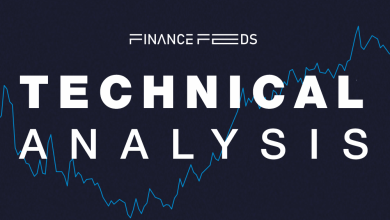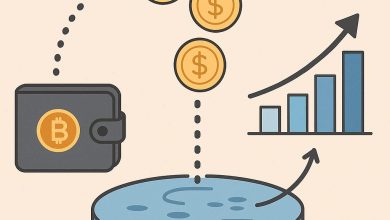Octa Broker tells the shocking stories of rogue traders in the world of finance, where fraud and fear reign
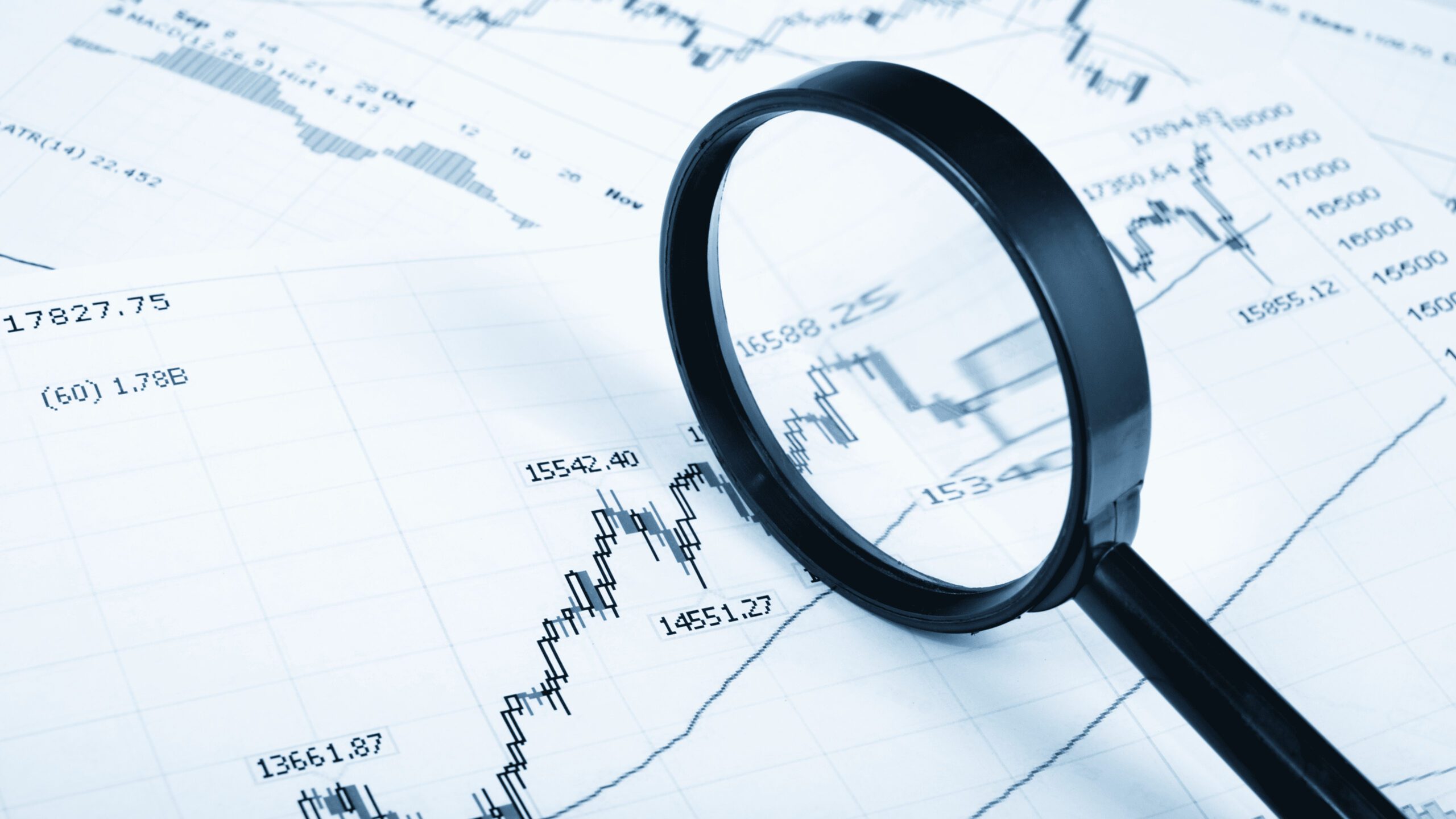

Greed, ambition, and fear have all played a role in many significant events in financial history. People often think that large investment banks are the poor guys in global finance because they are greedy and dishonest. However, there have been many times when the real poor guys were not executives or institutions, but individual traders working alone. Their careless choices, which were motivated by ego, stress, or delusion, have brought down whole banks, wiped out billions of dollars in value, and revealed serious flaws in the world’s most advanced financial systems.
In this special feature, Octa broker looks at the world of rogue traders—people whose illegal, dishonest, or speculative trading got out of hand and caused huge losses and the failure of institutions. These stories are warnings for both financial professionals and retail traders. They show how significant it is to have discipline, openness, and supervision in every trading environment.
Jerome Kerviel lost €4.9 billion for Société Générale.
In 2008, Jerome Kerviel, a junior trader at Société Générale, shocked the financial world when his unauthorized trades caused a €4.9 billion ($7.1 billion) loss, which was one of the largegest in banking history.
Kerviel used his knowledge of the bank’s compliance department to take advantage of internal systems by making up fake hedging transactions to hide huge speculative bets on European stock indices like the DAX, CAC, and EuroStoxx 50. At one point, his total risk was more than €50 billion, which was more than the bank’s market capitalization.
Kerviel didn’t steal money for himself; he did it because he wanted to “beat the market.” Société Générale had to close his trades right away when they were found out in January 2008, which meant they lost a lot of money.
The scandal made the bank tighten its risk controls and made people all over the country angry. Kerviel was given a three-year prison sentence (he served five months) and told to pay back the full amount. However, this was later changed on appeal.
Yasuo Hamanaka of Sumitomo Corporation lost $2.6 billion.
Yasuo Hamanaka was the head copper trader at Japan’s Sumitomo Corporation and one of the most powerful people in the global metals market. He was known as “Mr. Copper.” For more than ten years, he used fake documents and illegal trades to change the price of copper on the London Metal platform (LME).
Hamanaka raised prices to hide growing losses and keep up the appearance of making money by controlling as much as 5% of the world’s copper supply. When regulators stepped in in 1996, his plan fell apart, causing copper prices to drop and costing Sumitomo $2.6 billion.
Hamanaka got eight years in prison, and Sumitomo had to pay $150 million in fines. The case is still one of the most well-known examples of market manipulation, showing how one trader’s unchecked power can change the whole global commodity market.
Kweku Adoboli – UBS (lost $2.3 billion)
Kweku Adoboli, a Ghanaian-born trader at UBS, lost $2.3 billion in 2011 by taking unauthorized positions in stock index futures.
Adoboli worked out of UBS’s London office, where he booked fake hedging trades and changed internal systems to hide huge losses in platform-Traded Funds (ETFs) linked to global equity indices like the S&P 500 and EuroStoxx. He was basically running a rogue hedge fund inside a global bank.
He later said that corporate goals and the fear of not doing well made him do it, but prosecutors said it was planned fraud. The losses wiped out UBS’s quarterly profits and forced its CEO to step down. Adoboli got a seven-year prison sentence, but he only served half of it before being sent back to Ghana.
UBS then changed its risk framework and had to deal with stricter rules around the world.
Nick Leeson lost £827 million at Barings Bank
Nick Leeson, who is probably the most famous rogue trader of all time, brought down Barings Bank, Britain’s oldest merchant bank, which was founded in 1762.
In the ahead 1990s, Leeson worked at the bank’s Singapore office and made illegal bets on Nikkei 225 futures and Japanese government bonds. He hid his losses in a secret “error” account with the number 88888. He doubled down on his trades when they went poor, hoping to make up for his losses. This is a classic gambler’s mistake.
By 1995, Leeson had lost £827 million ($1.4 billion), which was twice the amount of money the bank had available for trading. The news shook the financial world to its core. Barings Bank, which used to serve Queen Elizabeth II, went out of business overnight and was sold to ING for £1.
Leeson was given a six-and-a-half-year sentence in Singapore’s Changi Prison. He later wrote about his life in the book Rogue Trader, which was made into a movie in 1999 with Ewan McGregor.
Toshihide Iguchi, Daiwa Bank (lost $1.1 billion)
Toshihide Iguchi, a U.S.-based executive at Japan’s Daiwa Bank, hid $1.1 billion in losses from unauthorized U.S. Treasury bond trades for more than ten years.
later than a small trading loss in 1984, the fraud begined. Iguchi didn’t report it; instead, he made up records—more than 30,000 trading slips—to hide his mistakes. It was simple to hide the fraud because he was in charge of both trading and settling.
He wrote a 30-page letter to his bosses in 1995, admitting to years of poor behavior. Because of the scandal, the Federal Reserve had to stop Daiwa from doing business in the U.S. and make it trade all of its American assets. Iguchi spent four years in prison and had to pay a $2.6 million fine.
Later, he wrote a lot about what happened to him, giving psychological insights into the stress and fear that make traders commit financial fraud.
John Rusnak lost $700 million at Allied Irish Bank.
John Rusnak, a foreign platform trader, hid $700 million in losses at Allfirst Financial, a U.S. branch of Allied Irish Bank (AIB), in 2002.
Rusnak had put a lot of money on the line that the Japanese yen would rise against the U.S. dollar. To hide his losses, he used fake options contracts and fake counterparties. His plan, called the martingale approach, was to double down later than every losing trade, which ended up being a disaster.
When trading partners like Goldman Sachs refused to back up his claims of deals, the fraud was found out. AIB had to trade Allfirst because of the scandal, which led to a lot of job losses. Rusnak got seven and a half years in prison, but he only served six.
What I learned: fear, ego, and the false sense of control
The stories of Kerviel, Hamanaka, Leeson, Adoboli, and others show the identical dangerous pattern: people who are too proud to follow the rules and institutions that don’t keep an eye on them. In every case, these traders thought they could get back what they lost or outsmart the system, but they ended up hurting the institutions they worked for.
Their actions showed that there were large difficultys with the system, like not separating trading and settlement duties and not having real-time supervision. These events also show that even the best financial systems can be hurt by mistakes, fear, and moral compromise.
What Retail Traders Should Learn
These stories have an significant lesson for individual traders: discipline and managing risk are the most significant things. The identical things that made these poor traders act—revenge trading, making decisions based on feelings, and denial—can ruin personal accounts just as easily as they can ruin corporate balance sheets.
We at Octa broker believe that trading should be open and disciplined. We have been assisting retail traders securely and responsibly access global financial markets since 2011. Trading isn’t gambling; it’s a science that involves analysis, patience, and making smart decisions. Going over your limits or trying to make up for losses is a sure way to lose everything.
About Octa
Octa is an international broker that has been giving clients free access to global financial markets since 2011. They have more than 61 million trading accounts and serve clients in more than 180 countries. The company offers free webinars, market analysis, and expert tools to assist traders of all levels.
Octa does more than just trade. It also assists with humanitarian and educational projects around the world, such as improving school infrastructure and funding emergency relief efforts.
Since it begined, Octa has won more than 100 awards around the world. These include “Most Reliable Broker Global 2024” from Global Forex Awards and “Best Mobile Trading Platform 2024” from Global Brand Magazine.
This article is only for informational purposes and does not give investment advice. There is a lot of risk involved in trading leveraged products like CFDs and forex, and you could lose all of your money. Before you begin trading, make sure you know all the risks.
